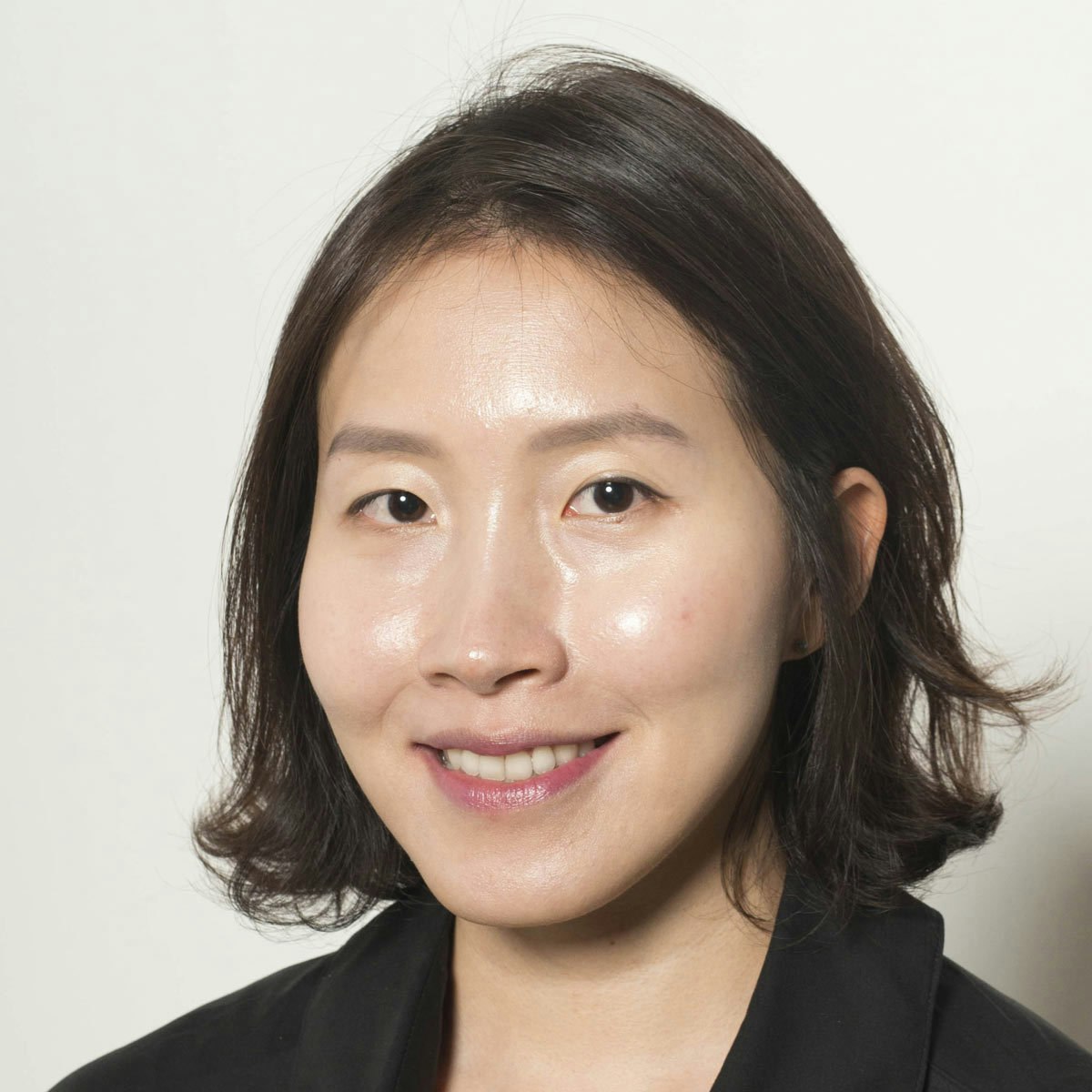Sun Young Park Seeks Design Solution For Pediatric Care Through NSF Grant
Sun Young Park — Design and Human-Computer Interaction (HCI) researcher, Interaction Designer, and Assistant Professor at the Penny W. Stamps School of Art and Design and School of Information at the University of Michigan — recently received an NSF grant to investigate and develop best practices for pediatric patients to be active partners in the management of their chronic conditions at C.S. Mott Children's Hospital.
Professor Park’s 24-month investigation begins in September 2017 and will apply design research methodology — including observation, interviews, and data synthesis — to create a rich, descriptive account of the barriers and practices around honest information sharing with children managing chronic conditions.

According to Professor Park’s abstract, chronic childhood illnesses are on the rise and have a profound impact on the patient, affecting both their long-term physical and emotional wellbeing. Research suggests that directly involving children in the discussion and care of their conditions leads to better adherence to their treatment plans and a healthier emotional outlook. Despite these benefits, children's involvement in their care is generally poorly supported by current clinical practices, by parents, and by technologies designed to help manage health conditions.
Professor Park’s research will fuel a series of participatory design workshops that include pediatric patients, their parents, clinicians, and members of the research team. Early workshops will explore prototype designs using a human-centered, empathy-driven approach, encouraging children to suggest ways to address the challenge. Professor Park will work with child psychologists to analyze the workshop outputs to design higher-fidelity prototypes of tools to support pediatric communication and information sharing.
As a design researcher and interaction designer, Professor Park is interested in complex systems, services, and environments that shape people’s needs, behaviors, and cultures/practices. “In my research, I adopt a sociotechnical perspective to examine both health providers’ and consumers’ information work practices through the adoption, adaptation, and appropriation of information technologies,” said Park.
“The insights I gain from observing and talking to a diverse set of users — each with their own unique needs, goals, and cultures — enable me to create the best possible tech, designed to address user needs thoroughly and holistically. The most effective designs come from deep analysis.”
Read the full abstract for Sun Young Park’s NSF-funded project here.